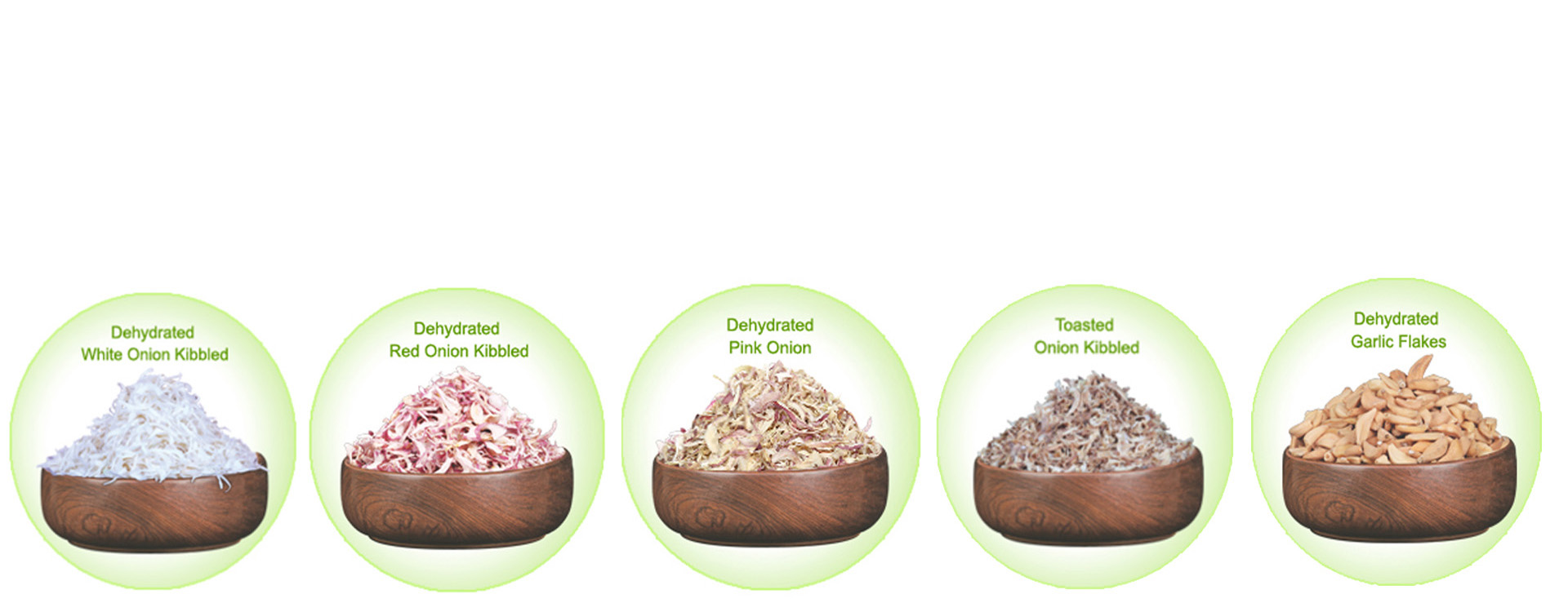In the world of culinary delights, few ingredients offer the versatility, convenience, and flavor enhancement quite like dehydrated onions. These humble yet potent kitchen staples have been revolutionizing the way we cook for decades, offering a convenient alternative to fresh onions without sacrificing taste or nutritional value. From enhancing soups and stews to adding depth to sauces and marinades, dehydrated onions are a must-have ingredient for any home cook or professional chef.
What are Dehydrated Onions?
Dehydrated onions are simply onions that have been processed to remove their moisture content, leaving behind a concentrated form of the vegetable. This dehydration process can be achieved through various methods, including air drying, freeze-drying, or heat drying. Regardless of the method used, the end result is a lightweight, shelf-stable product that retains much of the flavor and nutritional value of fresh onions.
Flavor Profile and Culinary Uses
One of the primary reasons why dehydrated onions are so beloved in the culinary world is their intense flavor profile. Despite their small size and relatively low moisture content, dehydrated onions pack a powerful punch of savory, umami-rich flavor that can elevate a wide range of dishes. From soups and stews to stir-fries and casseroles, dehydrated onions add depth and complexity to any recipe.
In addition to their robust flavor, dehydrated onions offer unmatched convenience in the kitchen. Unlike fresh onions, which require peeling, chopping, and potentially shedding a few tears, dehydrated onions can be used straight out of the container, saving valuable time and effort. Simply rehydrate them in water or broth, and they're ready to use in your favorite recipes.
Nutritional Benefits
Beyond their culinary appeal, dehydrated onions also offer a range of nutritional benefits. While the dehydration process does cause some loss of certain vitamins and minerals, such as vitamin C, dehydrated onions still retain much of their original nutritional value. They are a good source of fiber, antioxidants, and various essential nutrients, making them a healthy addition to any diet.
Storage and Shelf Life
One of the key advantages of dehydrated onions is their long shelf life. Unlike fresh onions, which can spoil relatively quickly if not stored properly, dehydrated onions can last for months or even years when stored in a cool, dry place away from direct sunlight. Properly sealed in an airtight container, dehydrated onions will retain their flavor and quality for an extended period, making them an excellent pantry staple for any home cook.
Tips for Using Dehydrated Onions
- To rehydrate dehydrated onions, simply cover them with warm water or broth and let them sit for 10-15 minutes until softened. Drain off any excess liquid before using.
- For a more intense flavor, consider toasting dehydrated onions in a dry skillet before adding them to your recipe. This will help unlock their full aroma and richness.
- Dehydrated onions can be used interchangeably with fresh onions in most recipes. However, keep in mind that their flavor is more concentrated, so you may need to adjust the quantity accordingly.
- Experiment with different varieties of dehydrated onions, such as white, yellow, or red, to discover which ones best complement your favorite dishes.
In Conclusion
Dehydrated onions are a true culinary marvel, offering a convenient and flavorful alternative to fresh onions in a wide range of recipes. Whether you're looking to add depth to a hearty soup, infuse a sauce with rich umami notes, or simply streamline your meal prep routine, dehydrated onions are sure to become a beloved staple in your kitchen. With their long shelf life, nutritional benefits, and endless versatility, it's no wonder that these humble little gems have earned a permanent place in pantries around the world.
